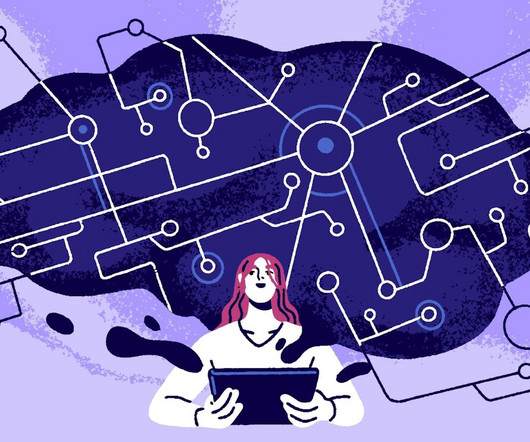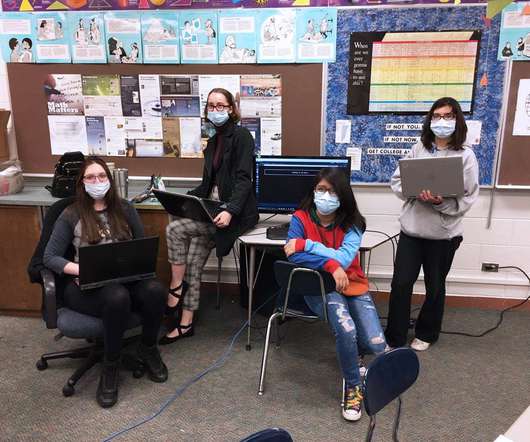Schools Use Trial and Error for Choosing Edtech, But They Don’t Have to
ED Surge
DECEMBER 29, 2021
If a team digging a tunnel in Tennessee discovers unusual soil conditions and attempts an innovative approach to managing those conditions, federal coordination and information management makes it possible for teams in, say, Arkansas and elsewhere around the country to access those lessons learned when they discover similar soil conditions.












Let's personalize your content